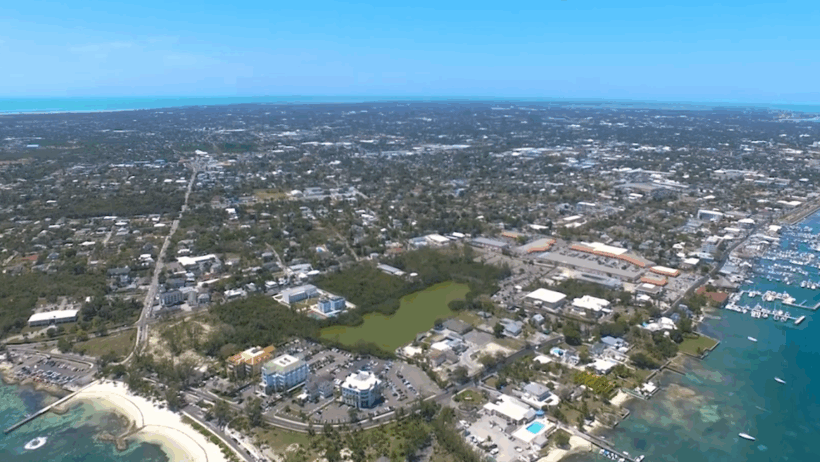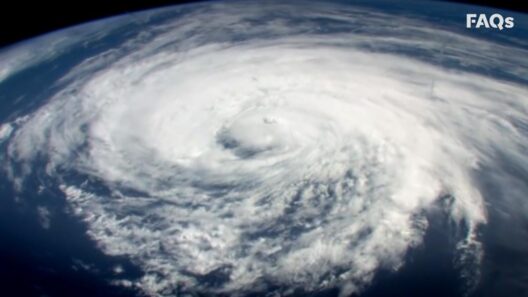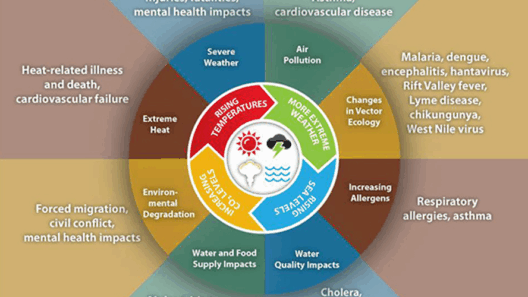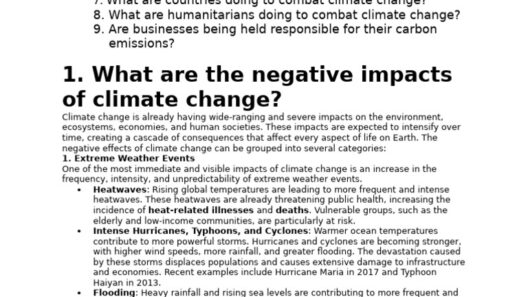The Caribbean, a region synonymous with pristine beaches and vibrant cultures, faces an existential threat from climate change. The delicate ecosystems, which are crucial for both biodiversity and local economies, are increasingly vulnerable to rising sea levels, intensified storms, and varying precipitation patterns. Mitigating global warming in the Caribbean requires a multifaceted approach, leveraging local knowledge, innovative technologies, and international collaboration.
One of the most pressing strategies is enhancing the resilience of coastal communities. Coastal erosion is rampant as sea levels rise, threatening infrastructure and livelihoods. Implementing integrated coastal zone management (ICZM) can foster sustainable development practices. ICZM emphasizes preserving natural buffers like mangroves and coral reefs, which absorb wave energy and reduce the impact of storms. By restoring these ecosystems, the Caribbean can both protect its coastline and enhance biodiversity.
Furthermore, the role of nature-based solutions cannot be overstated. Mangrove restoration projects have shown promise in carbon sequestration, shoreline stabilization, and habitat restoration. Reforesting degraded areas and establishing protected marine parks contribute further to the fight against climate change. Such initiatives offer a dual benefit: they not only combat climate change but also provide sustainable livelihoods through eco-tourism and fishing.
Water security is another critical aspect when considering resilience strategies. With changing rainfall patterns and the specter of droughts looming, it is paramount for Caribbean nations to invest in water management systems. Rainwater harvesting, desalination technologies, and the construction of efficient distribution networks can mitigate the adverse effects of climate change on freshwater availability. Additionally, public awareness campaigns about water conservation can instill a culture of sustainable water use among communities.
Energy dependence remains a significant challenge. The Caribbean’s reliance on imported fossil fuels exposes its economies to price volatility and supply chain disruptions. Transitioning to renewable energy sources is an urgent necessity. Solar, wind, and geothermal energy present abundant opportunities for sustainable development. Countries like Barbados and Jamaica have made substantial strides in harnessing solar power, while geothermal potential remains largely untapped in countries such as Dominica and St. Lucia. Implementing subsidies and incentives for renewable energy projects can stimulate investment and accelerate the shift to a low-carbon economy.
Effective policy frameworks are essential for successful climate mitigation strategies. Governments should prioritize climate resilience in their national development plans, incorporating adaptive management strategies that respond proactively to climate-related risks. Establishing legislation that mandates climate considerations in all major projects ensures that every development is scrutinized for its environmental impact.
Education plays a pivotal role in fostering a climate-conscious populace. Integrating environmental education into school curricula cultivates a generation of informed citizens who are knowledgeable about climate issues. Workshops and training programs can empower communities, especially marginalized groups, to engage in climate action, making them active participants rather than passive victims.
Collaboration across regional boundaries enhances the Caribbean’s capacity to combat climate change. The Caribbean Community (CARICOM) and other regional partnerships can facilitate knowledge sharing, technology transfer, and joint funding initiatives. Engaging in regional projects magnifies the impact of individual efforts, creating a united front against the pressures of global warming.
Moreover, leveraging technology to collect data and monitor climate changes is paramount. Establishing a comprehensive climate database allows for informed decision-making and policy adjustments in real-time. Remote sensing and GIS technology can identify vulnerable areas, enabling targeted interventions that bolster community resilience. Early warning systems for extreme weather events can save lives and reduce economic losses by providing communities with actionable intelligence.
It is also critical to engage the private sector in climate action strategies. Businesses, particularly in tourism and agriculture, have a vested interest in ensuring a sustainable environment. Corporate social responsibility initiatives focusing on sustainability can lead to innovative approaches that benefit both the economy and the ecosystem. Public-private partnerships can also drive infrastructure projects that limit carbon footprints and enhance climate resilience.
The significance of cultural heritage in climate action cannot be overlooked. The Caribbean is rich in traditions and practices that have evolved in harmony with nature. Integrating indigenous knowledge and sustainable practices into modern climate strategies can yield more effective outcomes. These local insights can inform everything from agricultural practices to disaster preparedness, ensuring that strategies are context-specific and culturally relevant.
Finally, funding remains a pivotal component in the fight against climate change. Caribbean nations, often classified as developing economies, must seek diverse funding sources—from international aid and grants to private investment. Engaging with global climate financing initiatives, such as the Green Climate Fund, can provide necessary resources to implement resilience strategies. Additionally, local governments should explore fiscal policies that encourage investment in green infrastructure.
In conclusion, the Caribbean’s fight against global warming is not merely a matter of environmental stewardship; it is an imperative for survival. By embracing comprehensive resilience strategies that emphasize ecological restoration, renewable energy, regional collaboration, education, and innovative funding mechanisms, the Caribbean can mitigate the adverse impacts of climate change. This is a clarion call for action, echoing through the islands, urging that the path to resilience is not just necessary but achievable.







